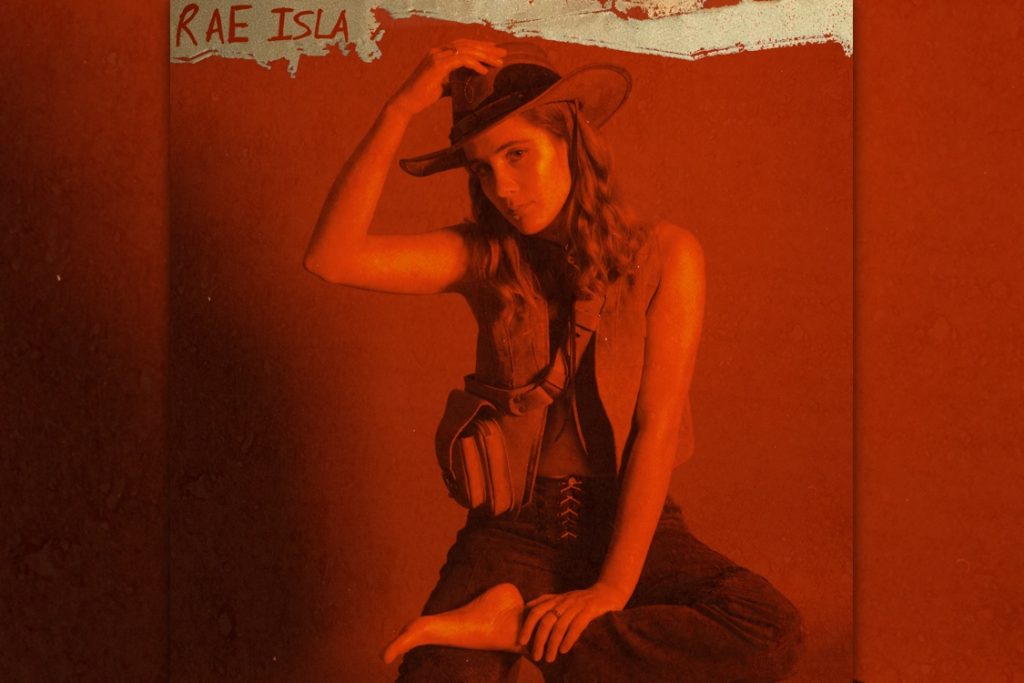The Expansive Country Vision of Rae Isla
By Will Groff, Staff Writer

Rae Isla has been making some changes. The Americana-pop artist, who left New York last year and now splits time between Seattle and Mexico City, has since abandoned the unabashed pop swings of her early singles in favor of a more reflective approach. She turns her gaze both inwards and outwards on her expansive debut album, Another Life.
“Who are you, who am I?” she asks casually on the title track, which finds her distracting herself from the minutiae of a breakup — ”I don’t wanna fight over the furniture” — with questions about the possibility of life after Earth. Elsewhere, on the propulsive “Not At All,” she asks simply, “Do you wonder how I feel inside?” By supplying questions, rather than answers, she transforms otherwise straightforward songs into opportunities for exploration.
This exploratory attitude extends to the music itself, which playfully dabbles in different genres and resists being easily categorized. Isla’s diverse array of influences includes Weyes Blood, Natalia LaFourcade, and Enya, but I was most reminded of banjoist-turned-pop-star Maggie Rogers, who has a similar knack for marrying pop instincts with organic instrumentation.
The comparison is most obvious on the synthy “Lovely Lies,” which combines confessional songwriting with a danceable hook and makes surprisingly intuitive use of both banjo and sax. The surreal video projects Isla’s relationship woes into outer space; it’s as if “Space Cowboy” were interpreted literally. The campy visuals speak to the undeniable queerness of Isla’s music and her ability to make the personal feel interplanetary.
Like the album’s other highlights, the song works because it balances its mysticism with emotions that are grounded and immediate. Romantic dishonesty is a well-worn theme in country and Americana — Reba McEntire’s “You Lie” immediately comes to mind — but here Isla manages to chart an impressively unusual course.
Isla is at her best when she allows her curiosity to get the best of her (and her listener). She is less successful when she attempts to be instructive, as on the nebulous “American Paradise.” “Oh, this country is so divided,” she sings over weepy pedal steel in the second verse, a rare moment that feels undercooked. Similarly, the woodsy “Blue Jay” employs a disorienting mixture of metaphors and left me longing for the clarity of the earlier tracks.
That said, the album’s weaker songs only serve to underscore the subtle power of its high spots. “Do you want a nice house and a nice life?” Isla wonders of a potential partner on the soft-rock jam, “All In.” It’s a simple question, but like much of the album, it’s bracing.
Will Groff is a freelance writer and the author of Sidewinder, a biweekly newsletter that offers an irreverent (and queer!) perspective on today’s country music.